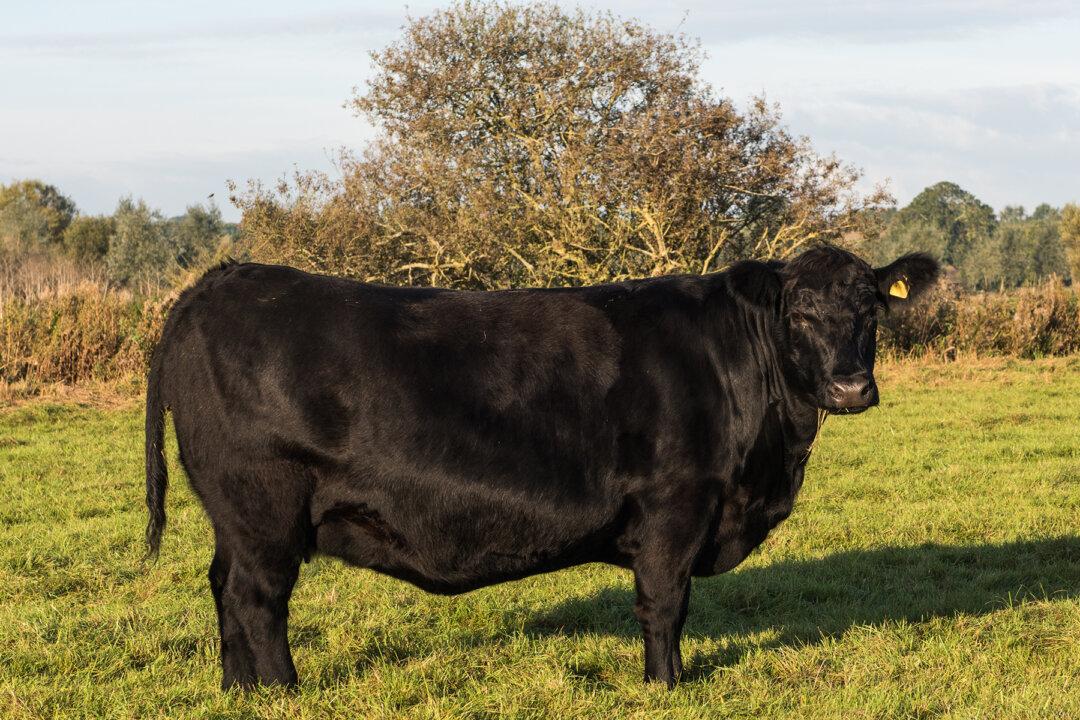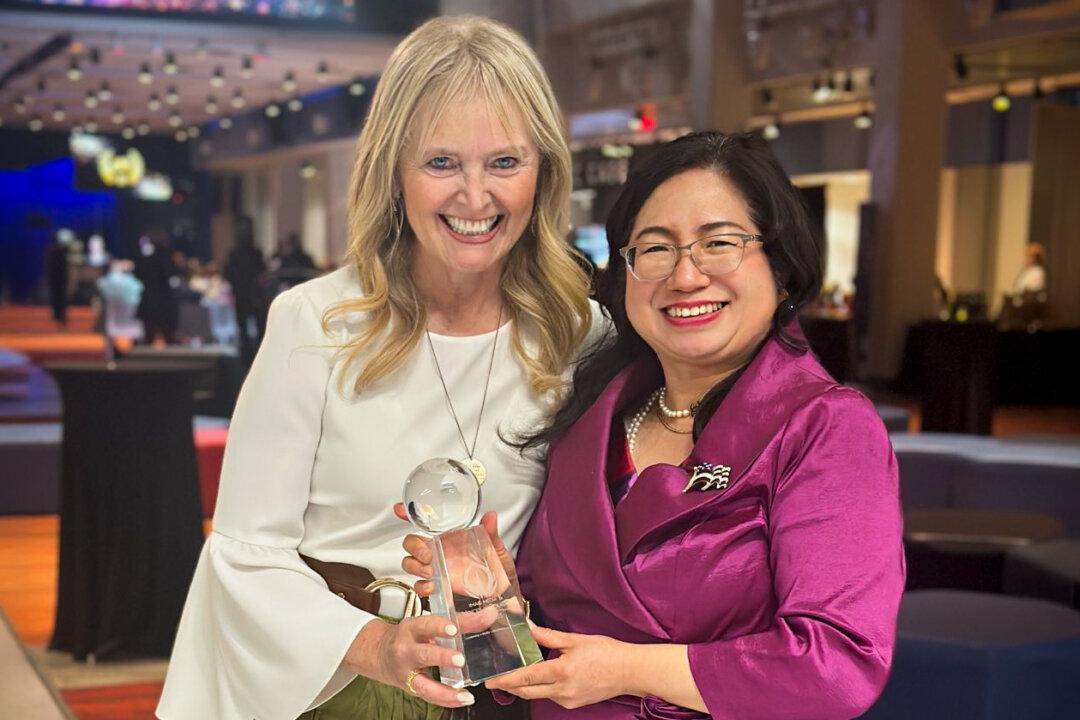From the archives: this story was last updated in January 2019.
The chances of a cow giving birth to quadruplet calves are said to be one in 700,000. And the odds of keeping all four of them alive are one in 11.2 million!Farmer Chuck Beldo struck lucky when one of his cows unexpectedly delivered four calves in his family farm—Chuck and Deb Beldo’s beef cattle farm—near Sebeka, central Minnesota.





